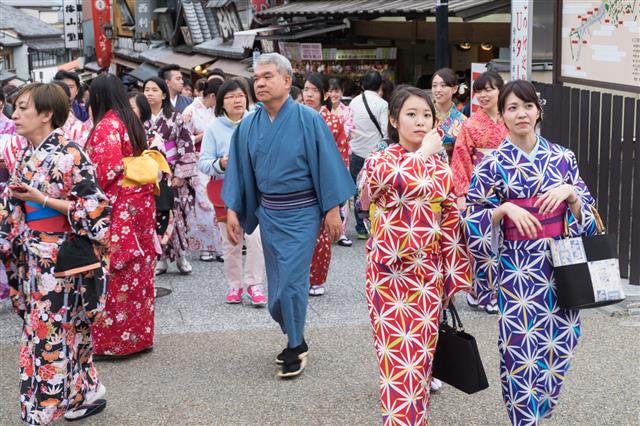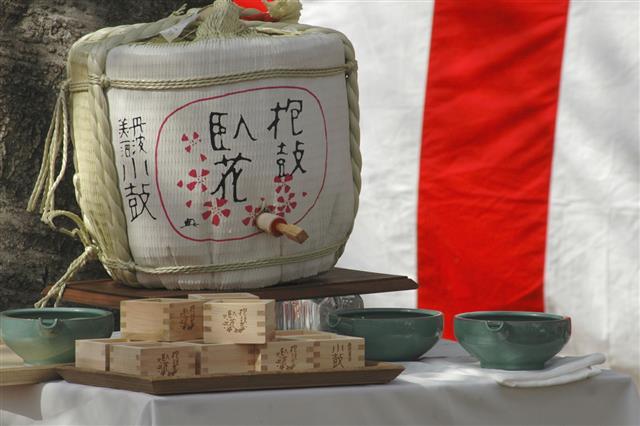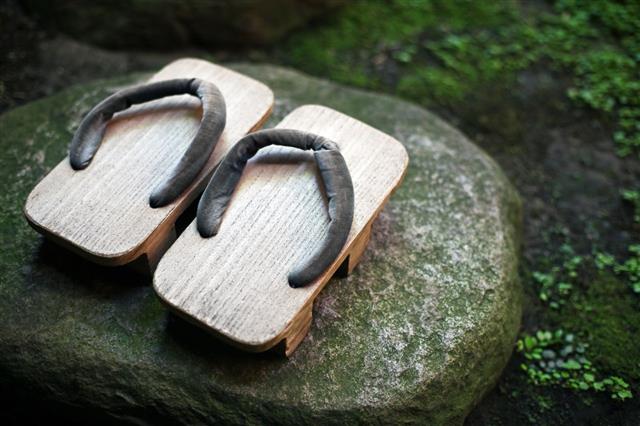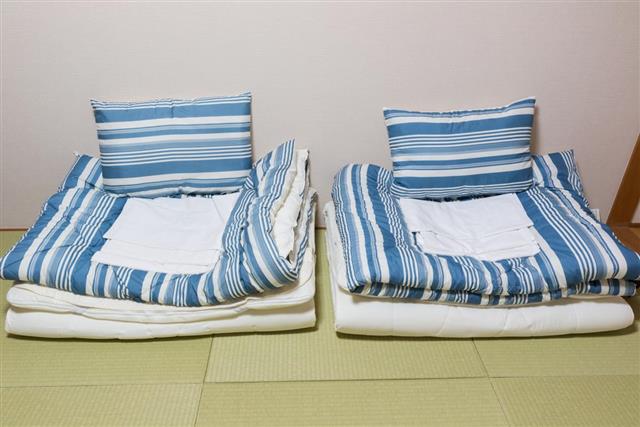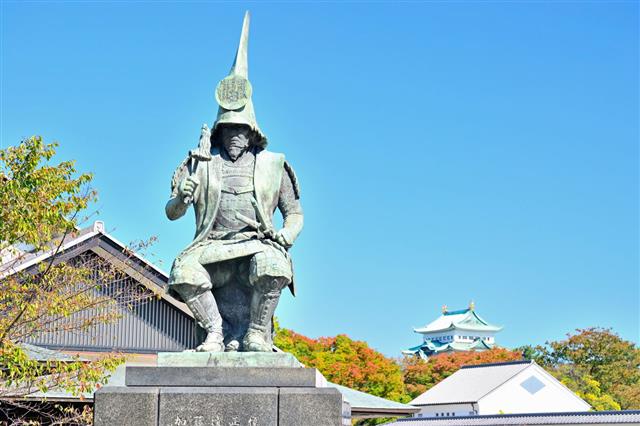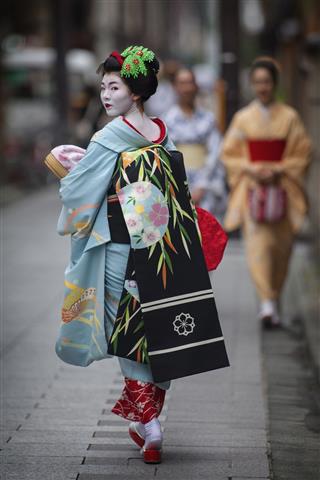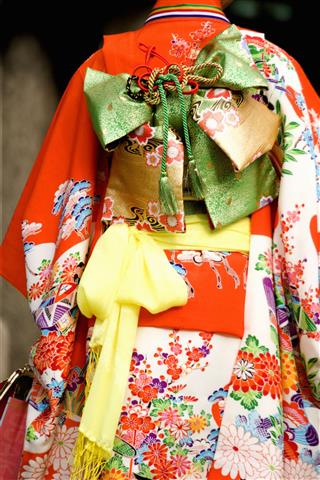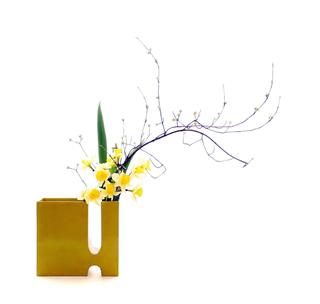
There might hardly be a language in the world, which is not influenced by at least one or two languages. Just as many English words have proliferated into other languages, there are many foreign/non-English words that are commonly used in the English language today. This Penlighten article presents a list of Japanese words that are used and accepted in English.
Did you know?
Although Japan is the only country in the world to have Japanese as its official language, 127 million people around the world speak Japanese.
Japanese is the official language of Japan and Palau. The Japanese language has three main dialects, namely Tokyo dialect, Kyoto-Osaka dialect and Kyushu dialect. This language belongs to the Japonic-Ryukyuan group of languages.
It is made up of three different scripts, namely kanji, hiragana, and katakana. All three scripts are said to have been derived from ‘Chinese’ characters. There are a number of Chinese words which have made their way into the Japanese language. At the same time, Japanese also has loanwords from Indo-European languages like English.
In the US, especially in the state of California, there are more than 42,000 Japanese-speaking people. The English language has always been enriched with words from different cultures and languages. So, how can Japanese words be an exception to this rule?
Having said that, let’s take a look at some Japanese loanwords used in the English language.
| Japanese Words | Pronunciation | Meaning |
| Aikido | ahy-kee-doh | Japanese martial arts |
| Anime | an-uh-mey | Animation |
| Bento | ben-taw | A home-packed meal |
| Banzai | bahn-dzah-ee | Cheer of enthusiasm or triumph |
| Bonsai | bon-sahy | Miniature tree grown in a tray or shallow pot |
| Dashi | dah-shee | Soup stock; fundamental to Japanese cooking |
| Dojo | doh-joh | Any physical training facility |
| Futon | foo-ton | A type of mattress |
| Geisha | gey-shuh | Traditional Japanese female entertainers |
| Haiku | hahy-koo | Short poem of 3 lines |
| Harakiri | hahr-uh-keer-ee | A ritual suicide carried out by cutting the belly |
| Hibachi | hi-bah-chee | Traditional Japanese heating device |
| Ikebana | ee-ke-bah-nah | Japanese art of flower arrangement |
| Imari | ee-mari | Plates and cups made of multicolored porcelain |
| Judo | joo-doh | A sport adapted from jujitsu and similar to wrestling |
| Jujitsu | joo-jit-soo | Martial art form |
| Kabuki | kah-boo-kee | Traditional Japanese theater |
| Kanji | kahn-jee | Japanese writing using Chinese characters |
| Kamikaze | kah-mi-kah-zee | Divine wind or a pilot trained and willing to cause a suicidal crash |
| Kakemono | kah-ke-maw-naw | A vertical hanging scroll containing either text or a painting |
| Karaoke | kar-ee-oh-kee | Singing popular songs along with recorded music |
| Karate | kuh-rah-tee | Type of Japanese martial art |
| Kendo | ken-doh | Martial art form |
| Koto | kaw-taw | Traditional musical instrument |
| Kimono | kuh-moh-nuh | Outer garment, generally made of silk |
| Koi | koi | A colorful, ornamental carp fish |
| Manga | mahng-guh | Comics |
| Makimono | mah-kee-maw-naw | Horizontal hand scroll containing either text or a painting |
| Miso | mee-saw | Paste made from fermenting rice, soybean, koji and sea salt |
| Noh | noh | Stylized classic drama of Japan |
| Ninja | nin-juh | A skilled warrior |
| Obi | aw-bee | A long, broad sash used over a kimono |
| Origami | awr-i-gah-mee | Paper-folding art |
| Pachinko | puh-ching-koh | A Japanese pinball game |
| Ramen | rah-muhn | A variety of Japanese noodle dish |
| Ronin | roh-nin | A samurai without a master |
| Rickshaw or Jinrihisha | rik-shaw/jin-rik-shaw | Human-pulled vehicle |
| Sake | sah-kee | Alcoholic beverage made from fermented rice |
| Samurai | sam-oo-rahy | Japanese warrior |
| Sashimi | sah-shee-mee | Thinly sliced, fish or raw meat |
| Satsuma | sah-tsoo-mah | A kind of mandarin orange |
| Sayonara | sah-yaw-nah-rah | Goodbye |
| Sensei | sen-sey | Master, teacher |
| Seppuku | se-poo-koo | A ritual suicide carried out by cutting the abdomen |
| Shoyu | shoh-yoo | Japanese soy sauce |
| Shamisen | sæm?-sen | Three-stringed musical instrument |
| Shiatsu | shee-aht-soo | Acupressure massage |
| Shogun | shoh-guh | A military commander |
| Surimi | soo-ree-mee | Minced fish flavored in imitation of lobster or crabmeat |
| Sudoku | soo-doh-koo | Literally means ‘single number’, but now associated with a number puzzle |
| Sumo | soo-moh | A Japanese form of wrestling |
| Sushi | soo-shee | Vinegared rice topped with raw fish, shellfish and rarely vegetables |
| Tanka | tahng-kuh | Short poem form consisting of five lines with 31 syllables |
| Tatami | tuh-tah-mee | Straw matting |
| Teriyaki | ter-uh-yah-kee | Cooking technique in which fish or meat is grilled in soy marinade |
| Tofu | toh-foo | Bean curd |
| Tsunami | tsoo-nah-mee | Large waves as a result of underwater earthquakes or other disturbances |
| Tycoon or Taikun | tahy-koon | A businessperson of great wealth and power; magnate |
| Typhoon | tahy-foon | Violent tropical storm or cyclone |
| Ukiyo-e | oo-kee-yaw-e | Painting and printmaking developed in Japan |
| Wasabi | wah-suh-bee | Green paste similar to horseradish |
| Zaibatsu | zahy-bah-tsoo | Business Conglomerate |
| Zen | zen | Branch of Mahayana Buddhism |
| Zori | zawr-ee | A Japanese sandal; formally worn with kimono on special occasions |
I have tried to cover the most common Japanese words used in the English language here, but if you think I have missed out on some, then please leave a comment in the box given below and I will be glad to add them.
